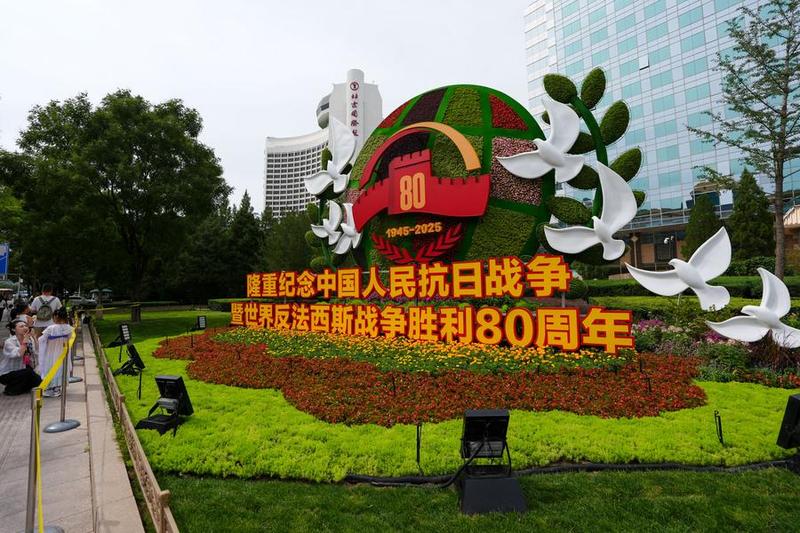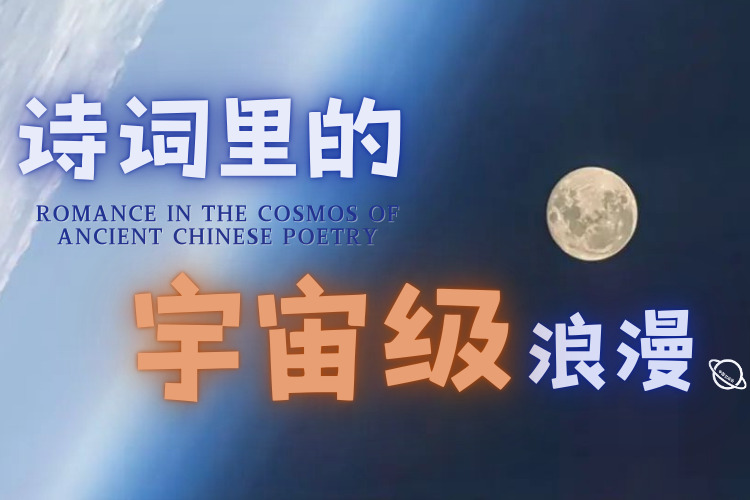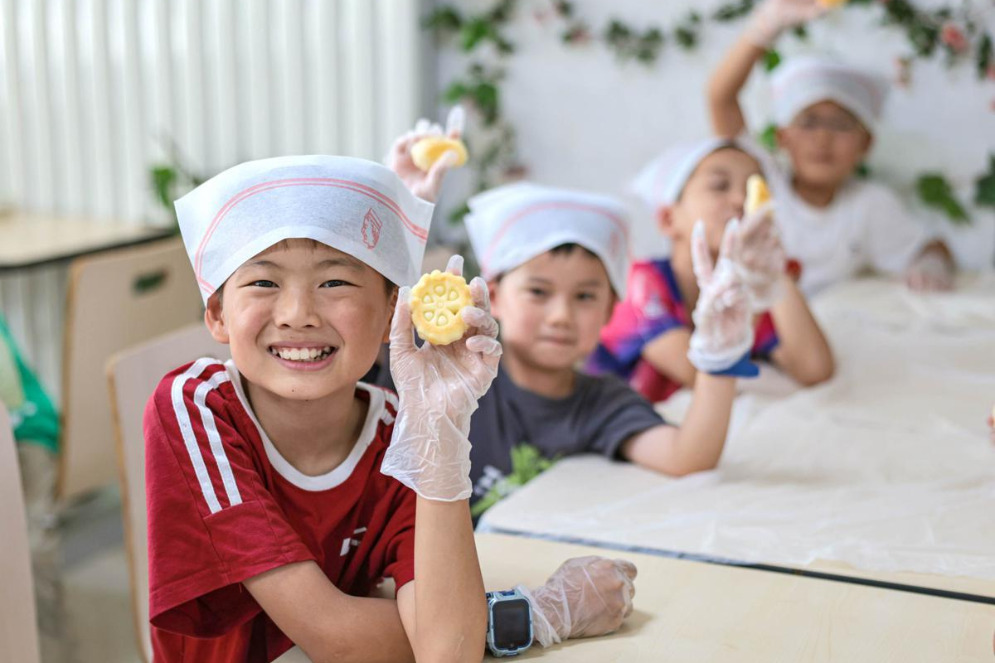US medic's selfless help for refugees recalled


Editor's Note: This year marks the 80th anniversary of the victory in the Chinese People's War of Resistance Against Japanese Aggression (1931-45) and the World Anti-Fascist War. This series of special reports by China Daily presents how and why China cherishes and keeps revisiting the wartime friendship with its foreign friends.
Over 87 years ago, when Japanese invaders embarked on killing and raping in Anqing, the then capital of eastern China's Anhui province, American missionary physician Harry B. Taylor and his colleagues went all out to provide shelter in their hospital in the city to hundreds of Chinese refugees, including women and children.
Taylor, who arrived in Anqing in 1905, served as head of St. James' Hospital, an American missionary hospital in the city.
In June 1938, Japanese troops occupied Anqing and slaughtered civilians, putting those residents who failed to escape in great danger.
The invaders did not take over St. James' Hospital at that time as it was an American property, and many refugees decided to rush into the hospital.
"Taylor instructed the hospital staff to keep the main gate open, allowing refugees to enter for shelter.… Chinese people couldn't leave the hospital because Japanese soldiers were everywhere in Anqing," said Xu Meizhen, an Anqing resident.
Taylor led his American colleagues out of the hospital and managed to procure rice, soybeans and pickles to feed the refugees, Xu said in an article dictated by her and published by Anqing Culture, History Data magazine in 2005.
Taylor also established a small school within the hospital for the refugee children.
"Even today, all those who benefited from Taylor's kindness during the most difficult time in the War of Resistance (Against Japanese Aggression), or their descendants, still hold deep gratitude toward him," Xu said.
After arriving in Anqing in 1905, Taylor became well known among people from near and far as he patiently and fairly treated patients from all walks of life from both China and other nations.
Taylor kept trying to find solutions to deal with the poor medical conditions and the shortage of medical supplies, particularly during World War II.
In the 1930s, James DeWolf Perry, the then presiding bishop of the Episcopal Church in the US, traveled to China. He visited the St. James' Hospital and endorsed Taylor's "courageous management".
"I found an almost complete lack of equipment and sore need of assistance for Dr. Taylor himself," Perry wrote in an article in 1933 in the missionary magazine The Spirit of Missions.
Love and conscience
Taylor kept documenting what he saw, heard and thought throughout the decades he spent in China.
He detailed his new medical solutions suited to local conditions, as well as Japan's wartime atrocities in various forms, including academic essays published in medical journals and in his autobiography My Cup Runneth Over.
Li Yingqing, the Chinese edition translator of Taylor's autobiography, called him "a man of great compassion", as he "risked his own safety to protect 650 Chinese refugees, most of whom were women and children".
She noted that during an air raid on Anqing by Japanese planes, Taylor joked in Mandarin when performing a surgery: "The bombs aren't addressed to us!" Then he went on and completed the surgery.
"Without any discrimination, he treated Chinese patients from all walks of life and a large number of those wounded in the war," said Li, who is also associate editor-in-chief of Journal of Chuzhou University.
Given the fact that the Japanese forces raped Chinese women and forced them into sexual slavery, leading to the term "comfort women", Taylor, as stated in his autobiography, spared no effort in hiding all the female refugees in the St. James' Hospital from the intruding Japanese soldiers.
When he returned from China to the US on a ship from Shanghai in 1943, Taylor completed a questionnaire submitted to the US government's intelligence agency, the Office of Strategic Services, on Nov 8, 1943.
According to the declassified questionnaire file provided by websites of academic institutions in countries including the US and South Korea, Taylor provided the information that he witnessed regarding "comfort women" in China in the section "B-9, Incidence of Disease".
Instead of the euphemism "comfort stations" for the places where "comfort women" worked, Taylor used the word "brothels", saying that these were "a part of the J. (Japanese) army organization".
He noted that there had been an "increase of venereal disease" in Anqing since the occupation by the Japanese military.
"His statement indicates the Japanese military maintained 'comfort stations' as part of their military system in Anqing, China, and that local residents were also aware of this fact," said the website of the Comfort Women Resource Center of the University of California, Los Angeles.
In addition to this questionnaire, Taylor and his family also left a slew of other materials concerning their stay in China.
The Taylor Family papers — including correspondence, notebooks and printed materials such as The Anking Newsletter and The Shanghai Newsletter in 1927-1944 — were given by his son Dr. Harry B. Taylor Jr. to the University of Virginia Library in 1989.
Zhang Huiqing, deputy director and researcher at the Institute of History Studies of Jiangsu Provincial Academy of Social Sciences, said that such precious, relevant archives and documents provided by US missionary hospitals and doctors "can help form a complete chain of evidence and further reveal the atrocities committed by the Japanese forces using irrefutable facts".
Such materials also provide sources for historical research on public health and civilians' life in occupied areas, and can advance studies on tragedies like the Nanjing Massacre, she added.
Currently, most of these materials are preserved in the US and "need further thorough, systematic survey and treatment", she noted.
"In recent years, Japanese right-wingers have intensified their attempts to glorify the war of aggression and denied the atrocities committed by Japanese forces. These precious archives unveil the crimes committed by the Japanese military," she said.
- US medic's selfless help for refugees recalled
- Yunnan tourism flourishes under 'ideal life' campaign
- Ten photos from across China: Aug 22 - 28
- Romance in the cosmos of ancient Chinese poetry
- China's anti-fascist war to be retold through words of Western correspondents
- Fuxing Island to host 2025 Shanghai Urban Space Art Season




































